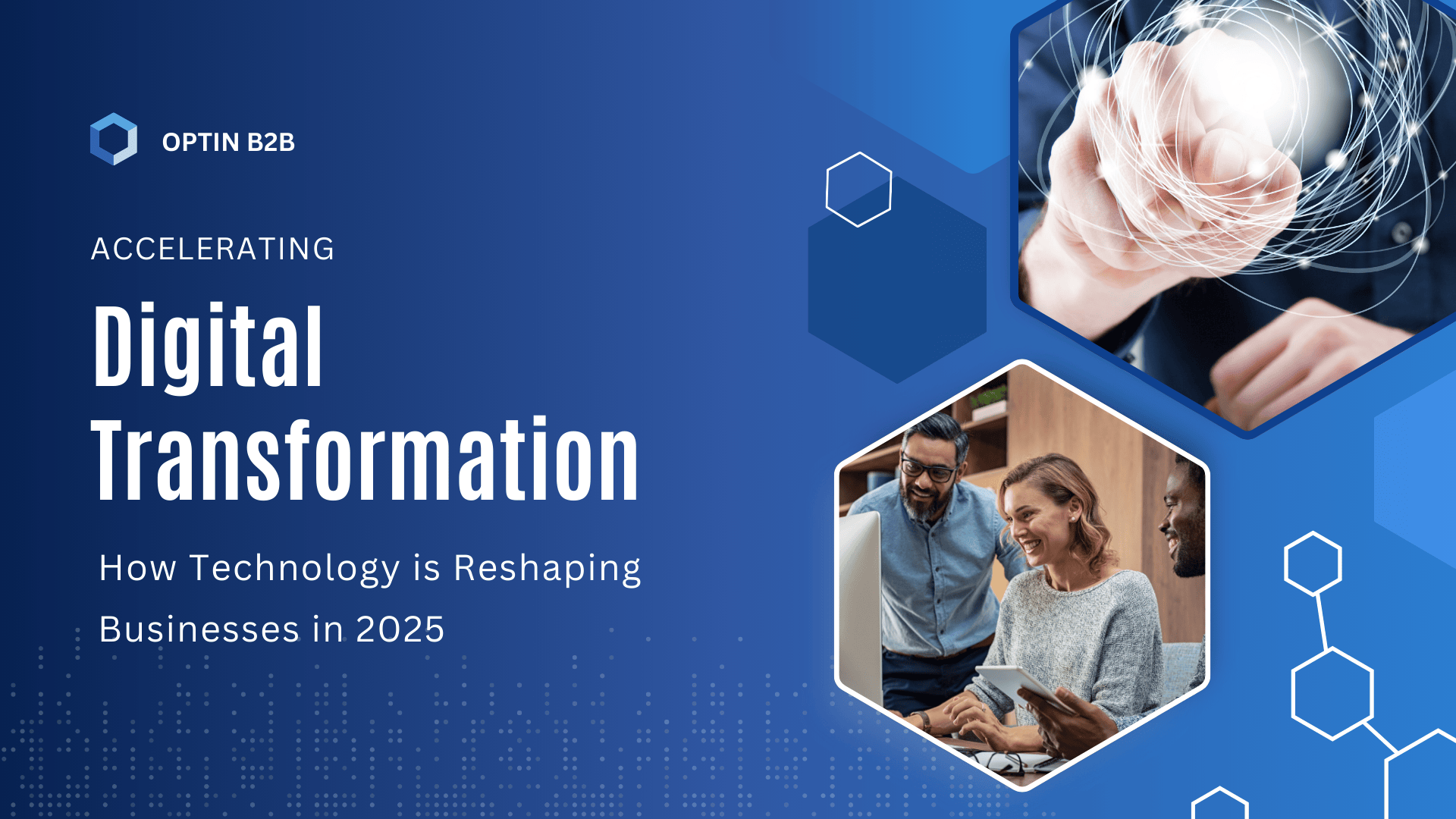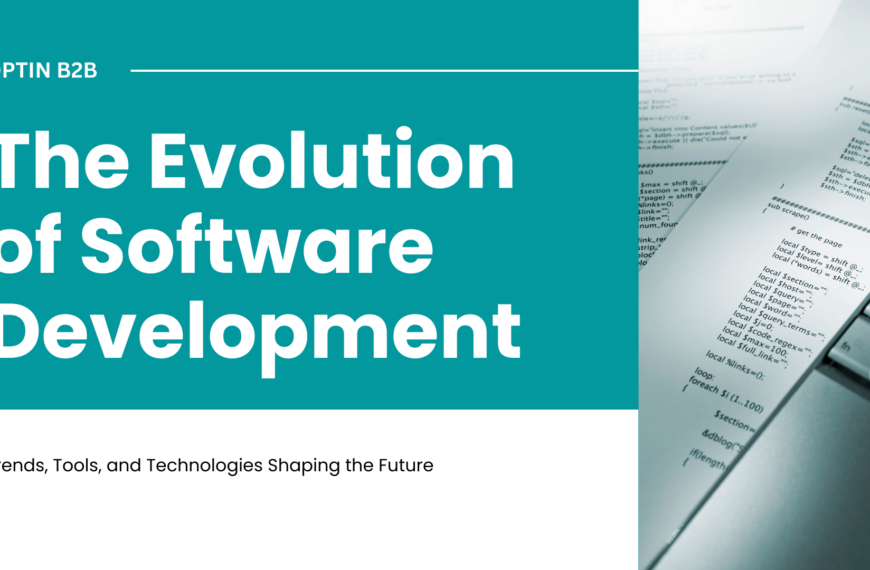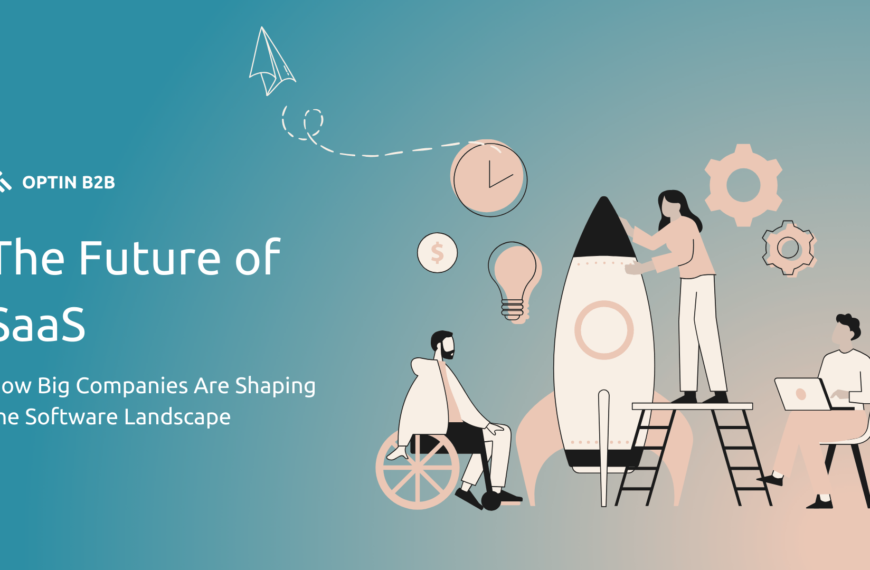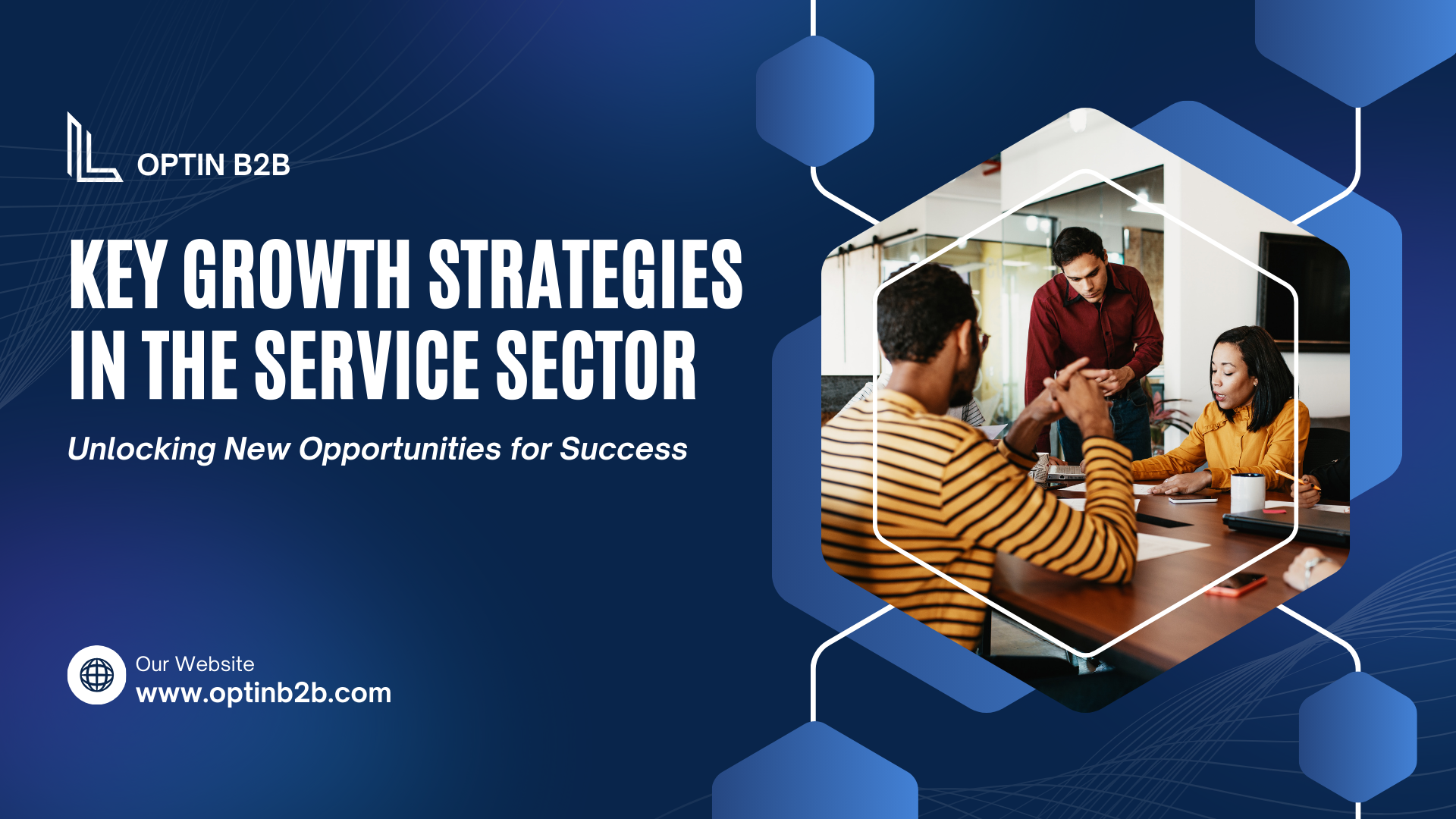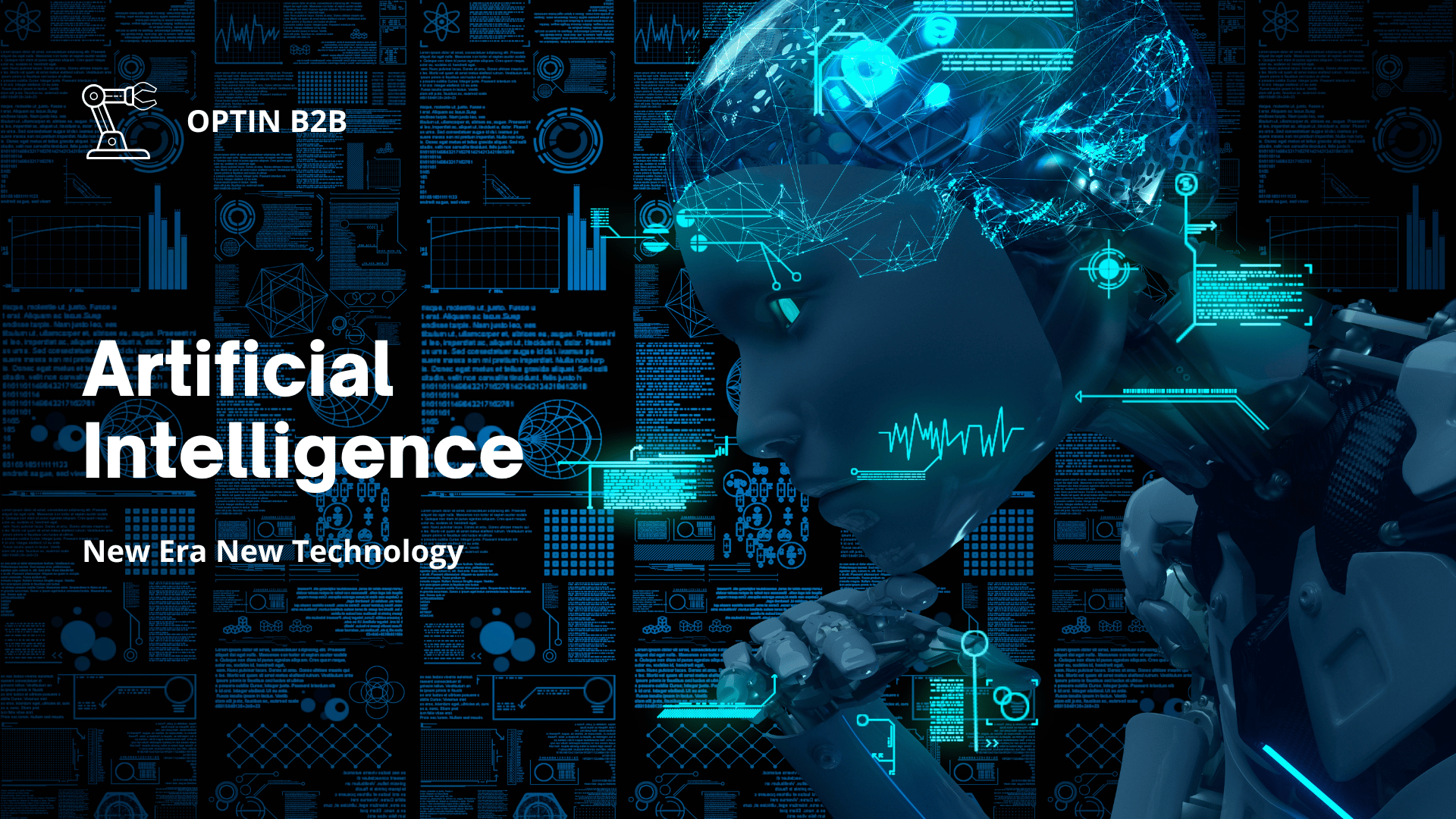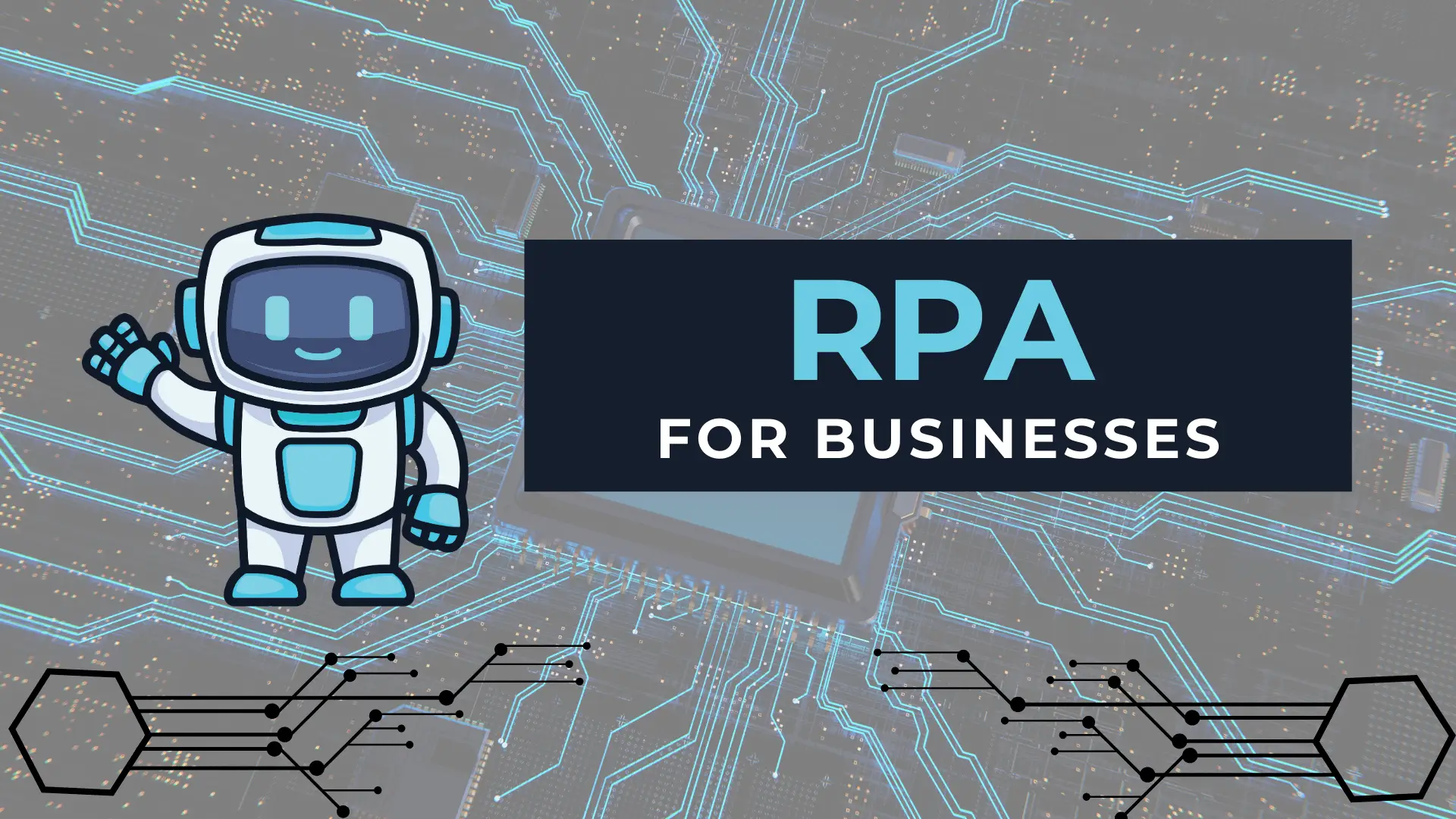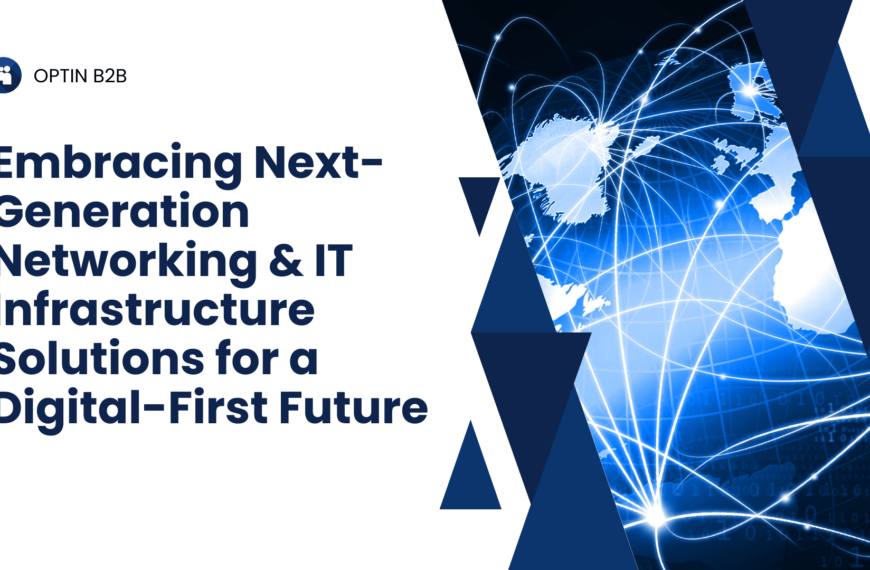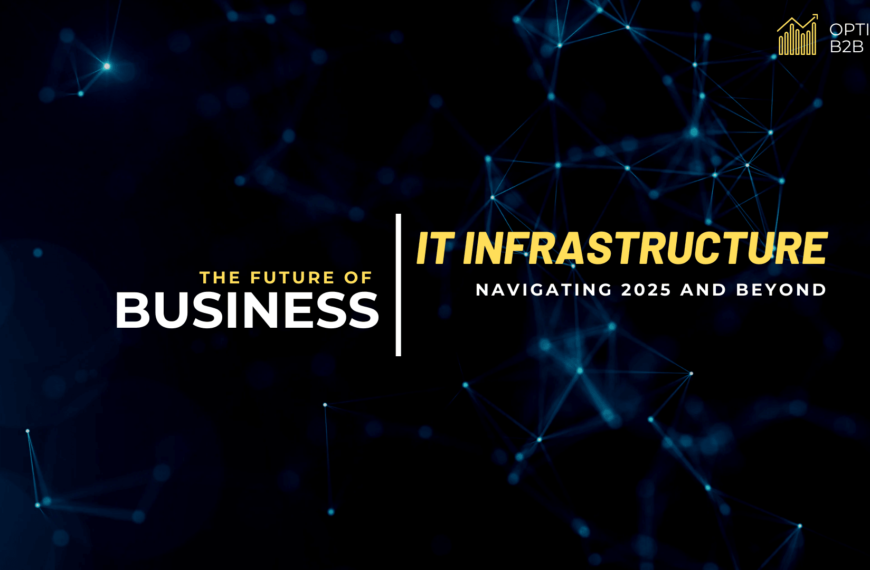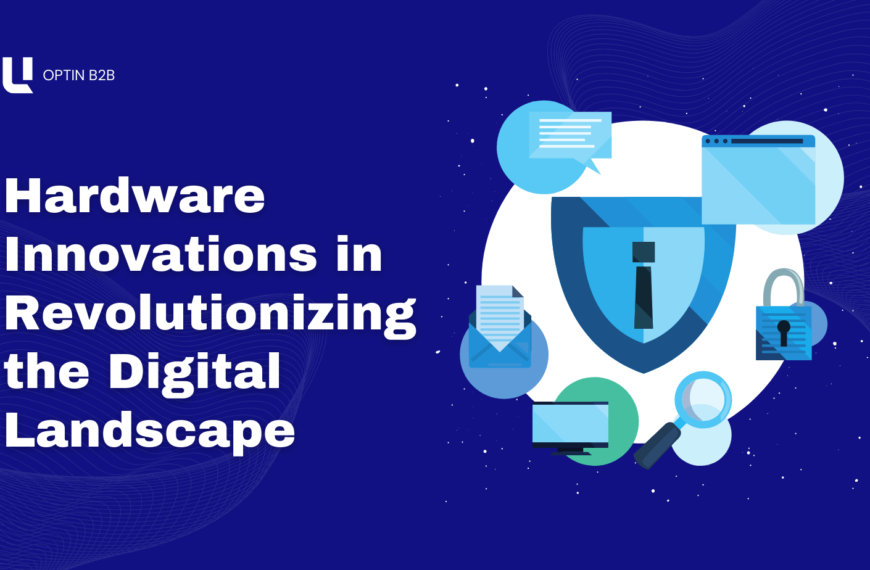Digital transformation has moved beyond being a buzzword to a fundamental strategy that organizations across industries are adopting to remain competitive. The year 2025 promises even more opportunities for companies to leverage cutting-edge technologies to enhance operations, improve customer experiences, and optimize business models. From automation to cloud computing, and AI to IoT, businesses are increasingly relying on these technologies to accelerate their growth and adapt to an ever-changing marketplace.
A critical component of digital transformation is the adoption of cloud computing. The flexibility and scalability of cloud infrastructure allow businesses to rapidly scale operations, reduce costs, and innovate at speed. Companies like Microsoft and Amazon Web Services (AWS) are at the forefront of enabling businesses to migrate their operations to the cloud, facilitating seamless access to data and applications from anywhere in the world. This shift has allowed businesses to become more agile, collaborate in real-time, and manage resources efficiently, all of which are crucial for staying competitive in today’s fast-paced market.
The integration of Artificial Intelligence (AI) and Machine Learning (ML) into business operations is another cornerstone of digital transformation. In 2025, businesses will rely even more heavily on AI to automate processes, predict customer behavior, and enhance decision-making. For example, Salesforce‘s AI-powered tools help organizations manage customer relationships more effectively by providing predictive insights that optimize marketing and sales efforts. Similarly, AI-driven analytics from companies like Tableau are helping organizations gain deeper insights from their data, enabling smarter business decisions and more personalized customer interactions.
Automation tools are also transforming business operations. Robotic Process Automation (RPA) is allowing companies to automate repetitive tasks, improve accuracy, and increase operational efficiency. Leading companies such as UiPath and Automation Anywhere have made RPA more accessible to businesses of all sizes, helping them save time and reduce human error. With the ability to free up employees from mundane tasks, businesses can redirect resources towards innovation and customer-focused activities that drive growth.
Another major factor driving digital transformation is the Internet of Things (IoT). In 2025, IoT devices will continue to play an essential role in collecting data and driving efficiencies across industries. In sectors like manufacturing, logistics, and healthcare, businesses are using IoT to gather real-time data on equipment, products, and services. Companies such as Siemens and GE have already begun implementing IoT solutions in their operations, enabling predictive maintenance, optimized supply chain management, and improved product quality.
In conclusion, digital transformation is an ongoing process, and its impact on businesses in 2025 will be profound. The fusion of AI, cloud computing, automation, and IoT is creating new opportunities for companies to streamline operations, innovate faster, and better serve their customers. As digital technologies continue to evolve, organizations that embrace these changes will be well-positioned for success in the competitive and rapidly shifting market landscape. Embracing digital transformation is no longer optional—it is essential for businesses seeking to stay relevant and thrive in the future.

